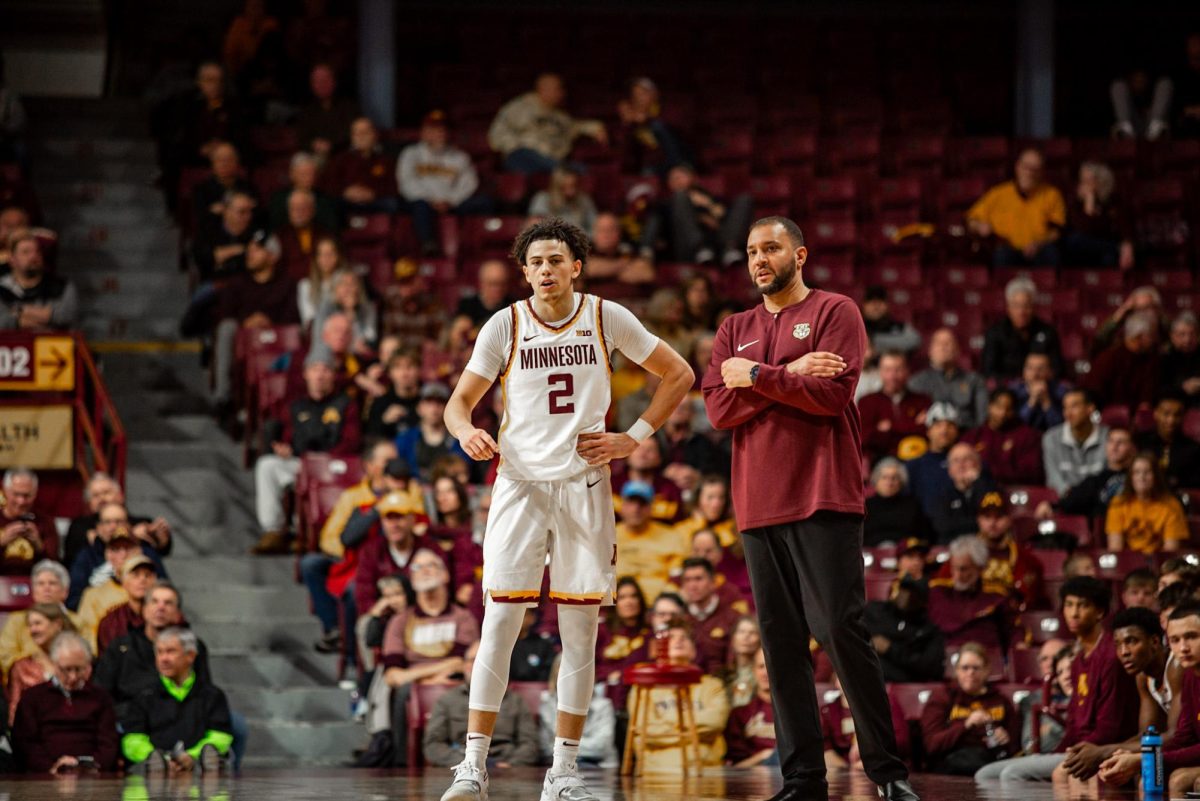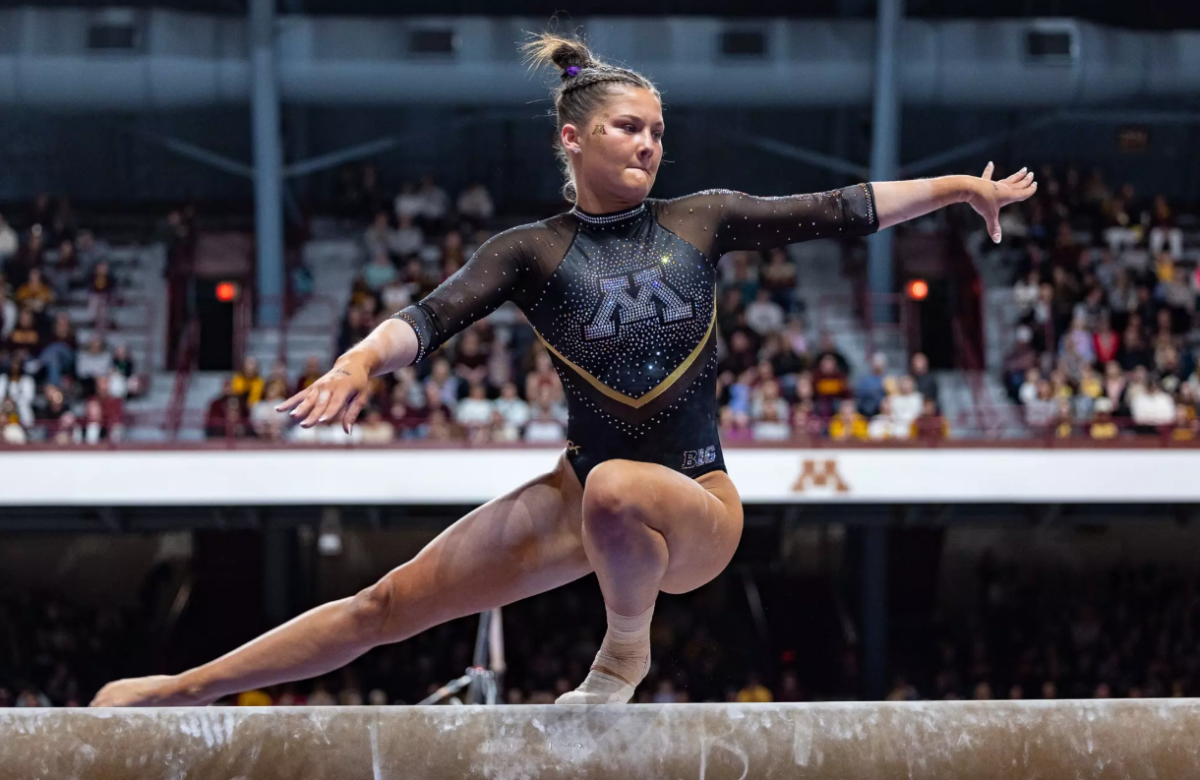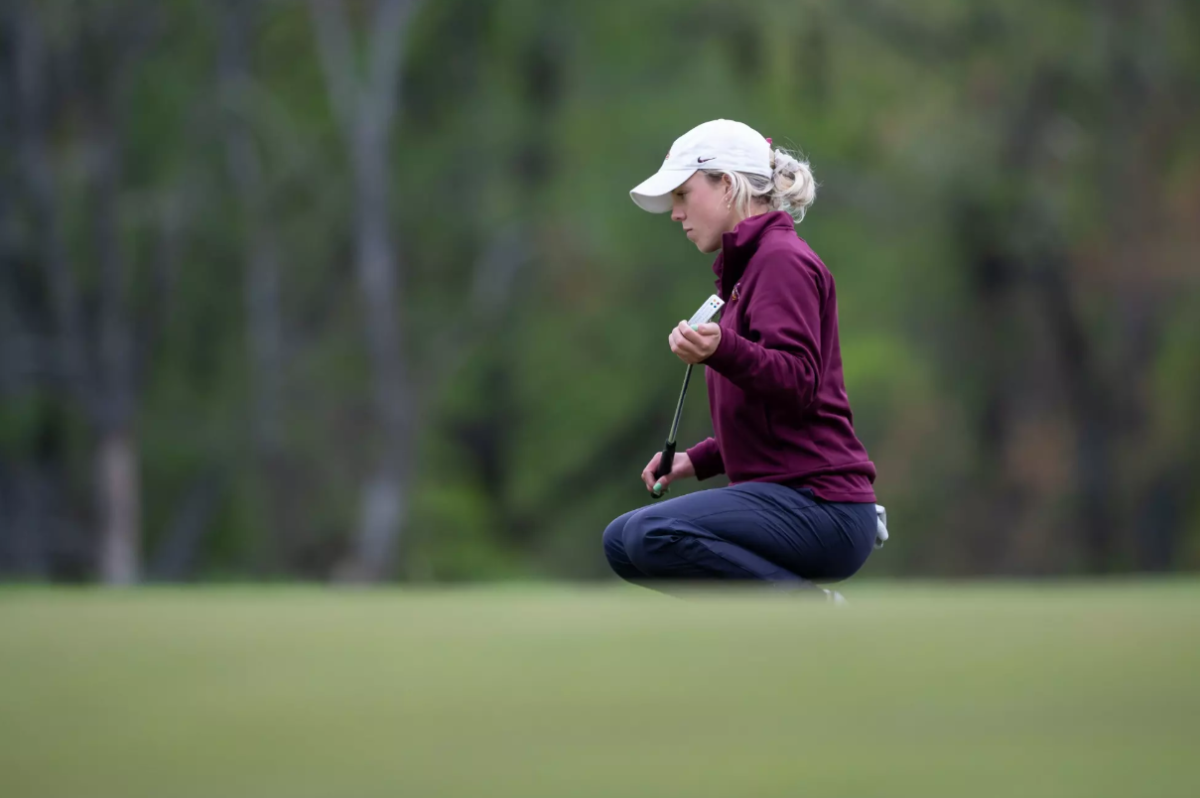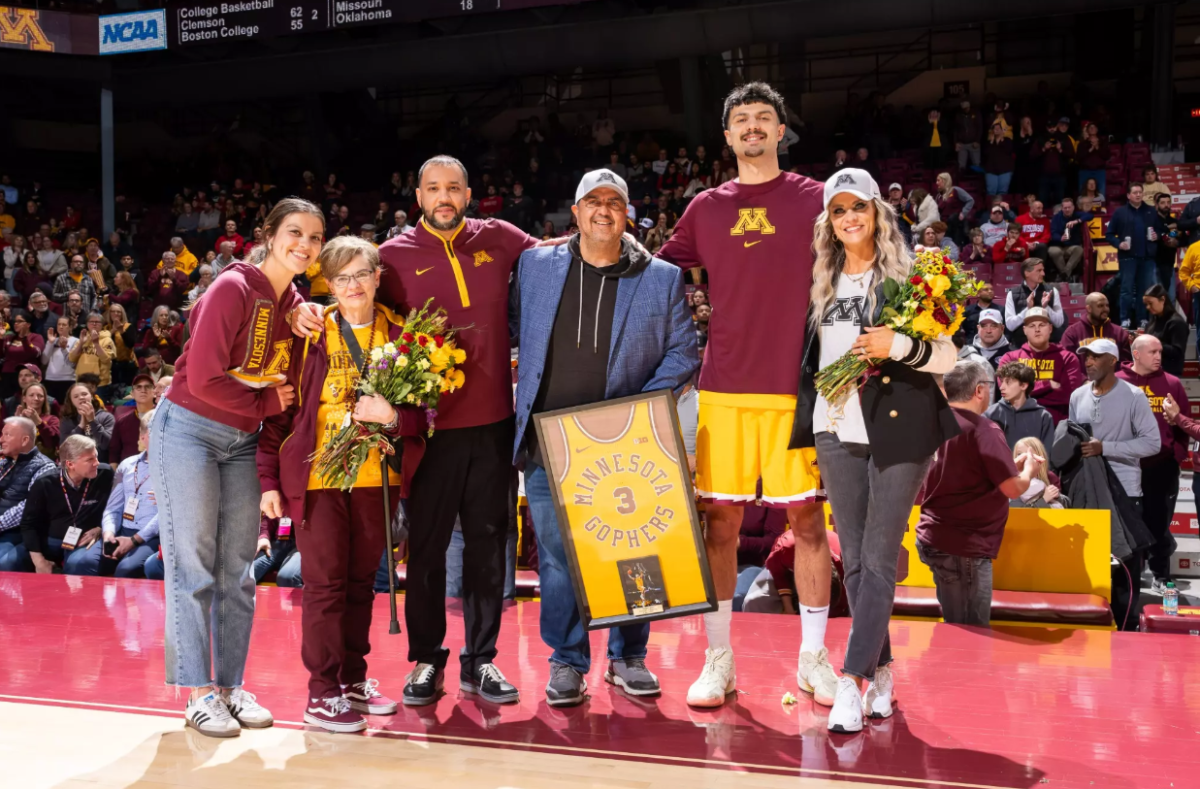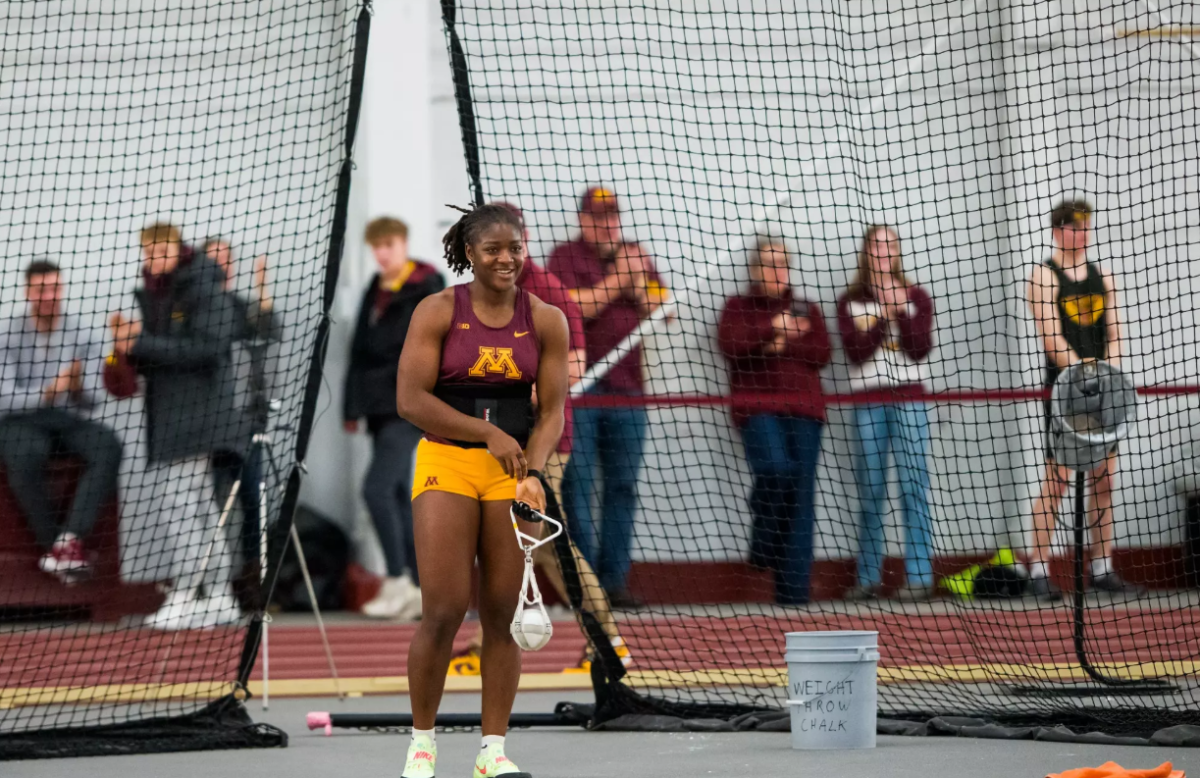When the federal government enacted Title IX in the early 1970s, around 90 percent of the head coaches for women’s sports teams were females.
But since then, the number of female head coaches has dramatically decreased nationwide.
However, the University of Minnesota bucks this trend with more than 57 percent of women’s sports coached by females, ranking it fifth in the nation in a study released earlier this month.
Nicole LaVoi, the associate director of the University’s Tucker Center for Research on Girls and Women in Sport, conducted the study and published her third edition of it in accordance with National Girls and Women in Sport Day on Feb. 4.
In the “Head Coaches of Women’s Collegiate Teams: A Report on Select NCAA Division-I FBS Institutions” study, just two schools — the University of Cincinnati and the University of Central Florida — earned an A grade by having at least 70 percent of women’s sports teams coached by females.
Minnesota not only earned a B but was also the top-ranked school in the Big Ten.
Illustrating her study through a report card seemed like a meaningful choice for LaVoi.
“I wanted a mechanism like a report card to hold institutions and sport organizations accountable,” LaVoi said. “A grade means something.”
LaVoi said it is unrealistic to expect schools to achieve a 100 percent rating, but she was very surprised to see schools in the F range.
For example, men coach all of Xavier University’s women’s teams.
“I think it’s unfathomable that zero women’s sports teams are coached by women. That’s just not acceptable,” LaVoi said.
Rutgers came in last in the conference with a D grade, having women coach almost 29 percent of its women’s sports teams.
“[Minnesota is] doing well in comparison to their peer institutions … I think that’s something we should celebrate,” LaVoi said.
Based on research, LaVoi said there are tangible benefits to having a woman at the helm of a women’s sports team.
LaVoi said same-sex role models are beneficial to athletes, and softball head coach Jessica Allister agrees.
“It’s important to see people like yourself in leadership roles and being successful,” Allister said.
However, for a handful of female athletes and coaches at Minnesota, the coach’s gender isn’t really a deciding factor — it’s the coach’s teaching methods and relationship skills that matter most.
“If they’re a good coach, know what they’re doing and establish a relationship with me, [gender] doesn’t bother me,” said Carlie Wagner, a freshman guard on the women’s basketball team.
Wagner’s coach, Marlene Stollings, said she doesn’t really see gender affecting her coaching style.
Rather, Stollings’ experience shines most in her coaching.
“I’d feel comfortable if I was over on the men’s side [coaching],” she said. “At this level of coaching … the fact that I’ve been a former player on this stage is helpful.”
For Chuck Merzbacher, the women’s tennis head coach, providing a “father figure” style of leadership as head coach is his focus.
“I’m a dad. I know the game, and I know what kids are going through,” Merzbacher said. “I tell parents, ‘I’m going to treat your kid like I’d like my kid to be treated.’”
He also relies on his associate head coach, Whitney Taney, as a female support figure for his team.
The volleyball team, which is led by head coach Hugh McCutcheon, has a similar setup.
“He is a great coach and knows what he’s talking about, so I don’t really think about his gender,” said Paige Tapp, a sophomore on the volleyball team. “[But] it’s nice to have at least one woman on staff just so you have someone you can talk to if you have issues.”
Though LaVoi’s study grades only females in women’s sports coaching roles, she said she was confident in all of the University’s coaches.
“We have the luxury of having a lot of great coaches — whether they’re men or women,” LaVoi said.


